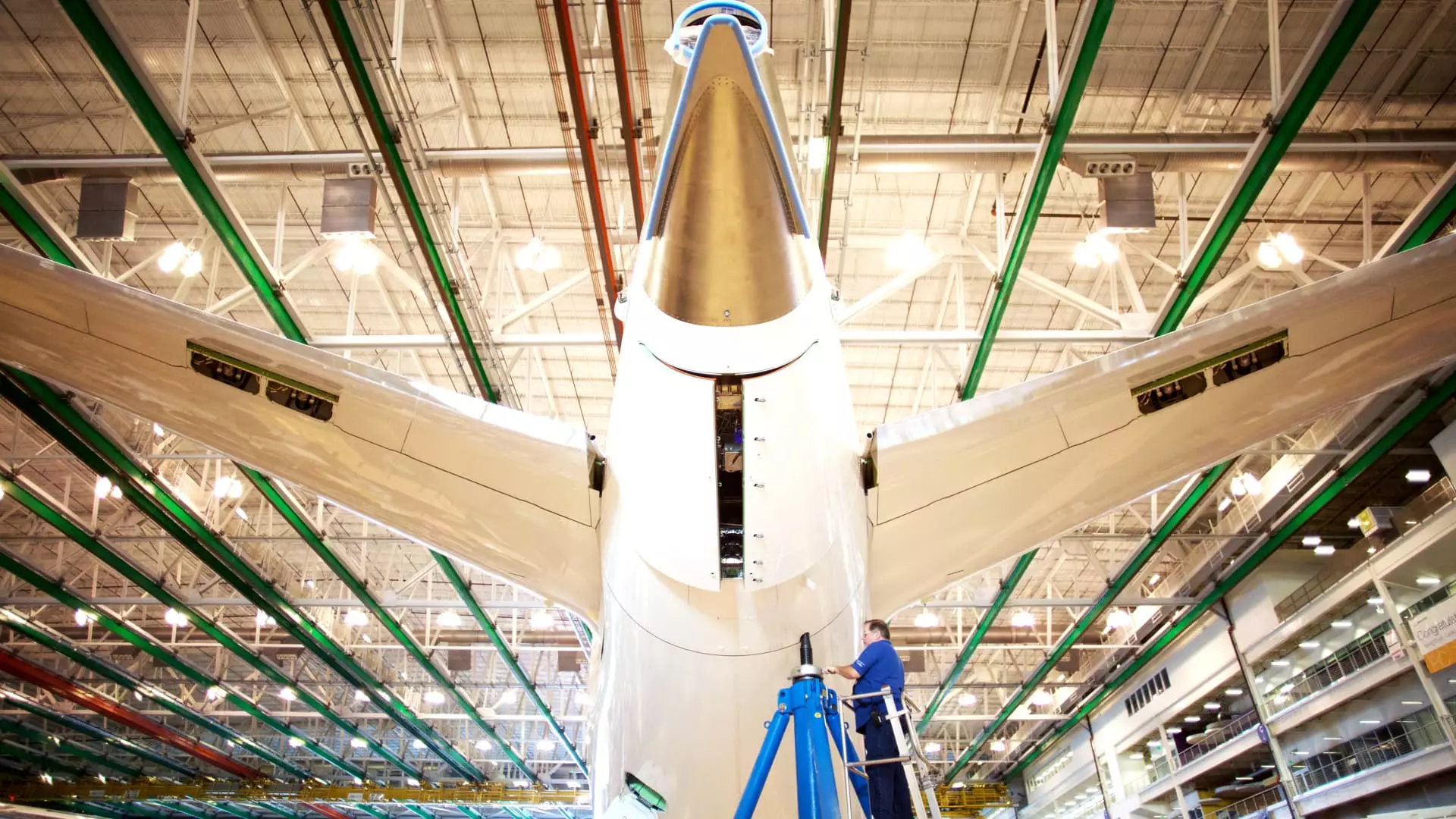Boeing has recently come under scrutiny following allegations made by one of its engineers, Sam Salehpour, regarding the quality and safety of its 787 Dreamliner and 777 aircraft. Salehpour claimed that Boeing took “shortcuts” in production that could potentially compromise the safety and lifespans of the planes. These accusations have raised concerns about Boeing’s safety culture and practices, prompting a Senate hearing to address the issue.
Despite the allegations made by Salehpour, Boeing has staunchly defended its safety testing and quality control processes. The company emphasized that it conducts rigorous stress and safety tests on its aircraft, including subjecting the 787 to 165,000 cycles of testing to simulate various flight conditions. Boeing’s engineering managers highlighted the extensive testing procedures, such as striking the fuselage with a 300-pound pendulum, to ensure the structural integrity of the planes.
The safety concerns raised by Salehpour are not isolated incidents for Boeing. The company has faced previous challenges with its 787 aircraft, leading to a suspension of deliveries for nearly two years due to incorrect spacing on fuselage sections. The recent allegations have further fueled controversies surrounding Boeing’s practices and its commitment to ensuring the long-term safety of its aircraft.
In addition to the safety concerns, Salehpour’s lawyers also alleged that Boeing retaliated against him for speaking out by excluding him from meetings and reassigning him from the 787 program to the 777 plan. These claims raise questions about Boeing’s response to internal whistleblowing and the protection of employees who raise safety concerns within the company.
The Federal Aviation Administration (FAA) is currently investigating Salehpour’s allegations and overseeing Boeing’s response to ensure the safety of its aircraft. The outcome of these investigations will have significant implications for Boeing’s reputation and public trust in the safety of its planes. Transparency and accountability will be crucial for Boeing to address the concerns raised by Salehpour and regain confidence in its safety practices.
The safety allegations made against Boeing by one of its engineers have shed light on potential issues within the company’s production processes and safety culture. While Boeing has defended its safety testing and quality control measures, the allegations raise important questions about the thoroughness and integrity of these practices. Moving forward, Boeing must address these concerns, prioritize safety over production speed, and ensure the protection of whistleblowers within the organization to uphold its commitment to aircraft safety.

